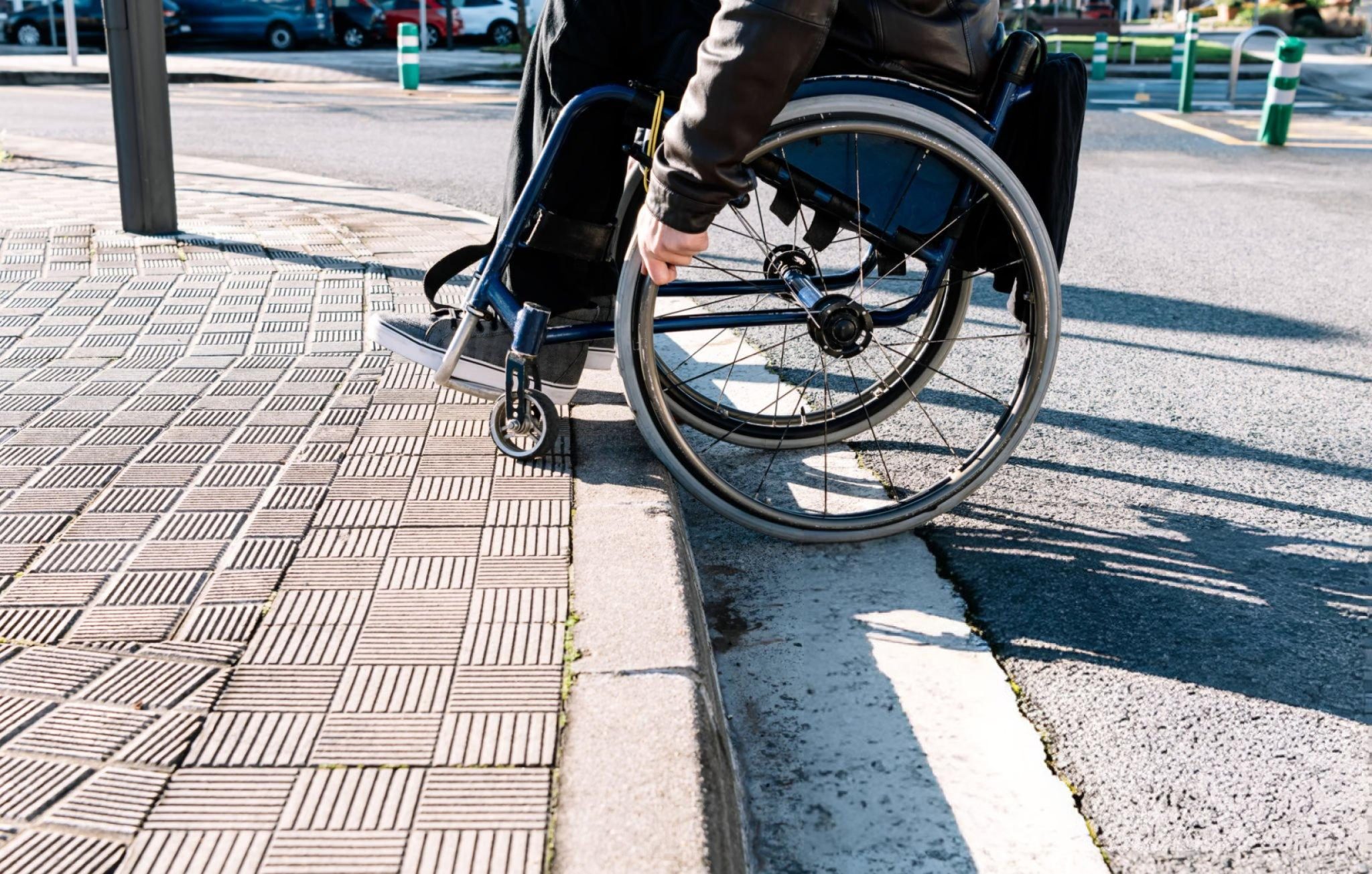Labour-held constituencies across the UK are set to bear the brunt of sweeping changes to disability welfare, with a new study warning of significant economic losses in already struggling communities. The findings, from academics at Health Equity North, suggest proposed reforms to the Personal Independence Payment (PIP) system will disproportionately harm some of the most deprived areas in England and Wales.
The research, carried out by teams from Newcastle University, the University of Sheffield and the University of Manchester, reveals that tightening eligibility for PIP could cost individual constituencies up to £26 million per year by the end of the decade. Areas in the North East and North West are forecast to be hit hardest, with average personal losses of £269 and £231 respectively.
Under the Government’s new “Pathways to Work” Green Paper, published in March, claimants will be required to score at least four points in one daily living category to qualify for support. Additionally, the age at which disabled young people transition from the child Disability Living Allowance to adult PIP will rise from 16 to 18.
The study warns that such changes will strip tens of thousands of claimants of financial support. This, in turn, would lead to major reductions in local spending, particularly in Labour constituencies where many residents rely on the benefit not just to live, but to participate in their local economies.
Constituencies such as Easington in County Durham, Liverpool Walton and Knowsley are among the worst affected, with per person losses of £409, £403 and £389 respectively. Researchers estimate that, by 2029/30, the most deprived areas could lose £265 annually per person—nearly three times the £96 loss expected in the wealthiest constituencies.
The proposed reforms, while intended to reduce the welfare bill and incentivise work, have raised serious concerns among academics and campaigners. Professor Clare Bambra, co-director of Health Equity North, described the plan as “reckless” and warned that it could further entrench health and economic inequalities.
“Parliament must not rush through these proposals without fully assessing the wider impact. Many of the affected areas have already been hammered by years of austerity, the pandemic and soaring living costs,” she said. “Local economies and public services are barely hanging on—removing millions of pounds from these communities will only deepen existing hardships.”
The Green Paper argues that current PIP rules are not working efficiently, with fewer than one in five recipients in employment. It states that reform is necessary to ensure that benefits are targeted effectively and to reduce dependency on the welfare system.
However, a separate Department for Work and Pensions (DWP) impact assessment has admitted the changes could push a further 250,000 people, including 50,000 children, into relative poverty by 2030. While it insists increased employment support funding will “mitigate” this impact, critics remain unconvinced.
Dr Luke Munford, senior lecturer in Health Economics at the University of Manchester, urged MPs to consider their constituents before backing the proposals. “Yes, we must ensure the welfare system is sustainable, but this cannot be done by disproportionately targeting vulnerable communities,” he said. “The ripple effects on local economies, health services and overall well-being are simply too great to ignore.”
The findings are based on FOI responses and publicly available data from the DWP and Office for National Statistics. Campaigners now hope the evidence will spark greater scrutiny as the reforms move through Parliament.
In response, a DWP spokesperson said: “As part of our Plan for Change, we are creating a welfare system that delivers the right support to help disabled people overcome barriers, enter work, and boost both living standards and the wider economy. Our reforms, supported by £240 million, are the biggest employment shake-up in a generation.”
The debate over PIP reforms continues, with growing pressure on ministers to reconsider the wider ramifications for Britain’s most deprived communities.






